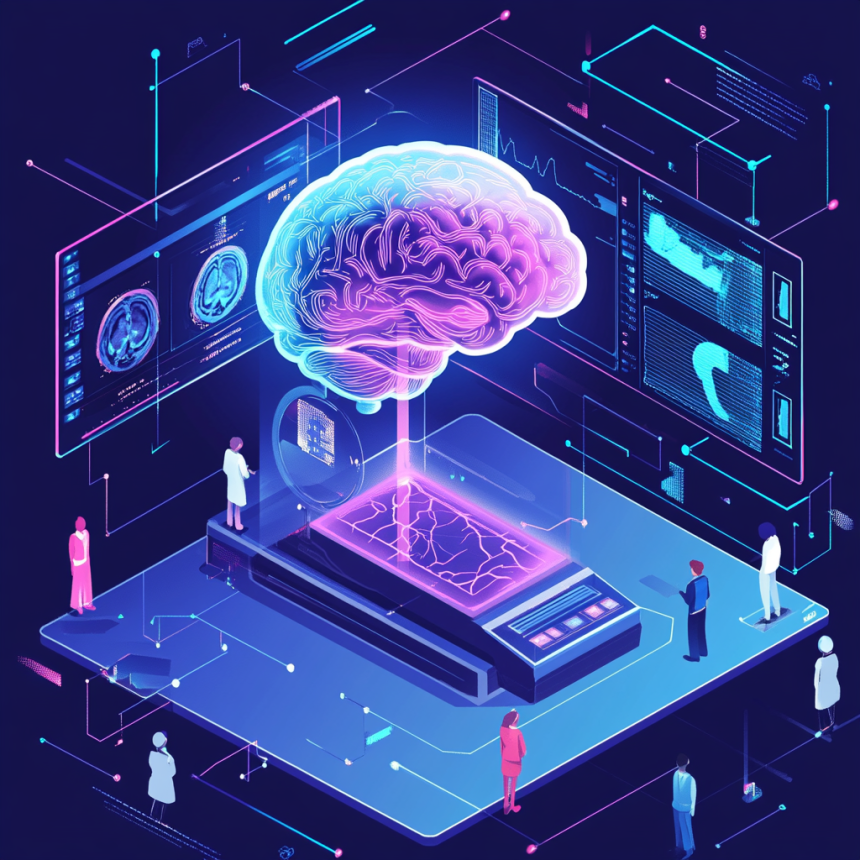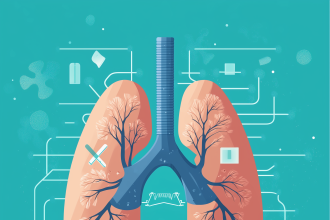As first reported by Scitech Daily, Researchers at Charité – Universitätsmedizin Berlin have developed a highly accurate artificial intelligence model, crossNN, capable of diagnosing brain tumors with 99.1% accuracy—without requiring surgical biopsies. The model analyzes epigenetic data, often referred to as the “molecular fingerprint” of tumors, which can be obtained non-invasively from cerebrospinal fluid.

Source: wikipedia.org.
Traditional diagnostic methods rely on tissue biopsies and microscopic analysis, but crossNN detects tumor-specific epigenetic modifications—chemical markers that regulate gene expression. By comparing these signatures against a reference dataset of over 5,000 tumors, the model accurately classifies more than 170 distinct tumor types, including those processed using different sequencing technologies.
crossNN is already in use at Charité’s Department of Neuropathology, where it supports liquid biopsy diagnostics. In one clinical case, the model enabled the identification of a central nervous system lymphoma in a patient presenting with double vision—allowing clinicians to avoid surgery and begin targeted chemotherapy promptly.
Importantly, crossNN’s transparent and streamlined design makes it well-suited for clinical adoption and regulatory approval. Its utility extends beyond brain tumors: the model has demonstrated 97.8% accuracy in classifying tumors across all organ systems, positioning it as a promising tool for broader cancer diagnostics.
In collaboration with the German Cancer Consortium (DKTK), the research team plans to initiate clinical trials at eight medical centers across Germany. The goal is to integrate crossNN into routine diagnostic workflows, including intraoperative applications, to support faster, safer, and more precise cancer care.





